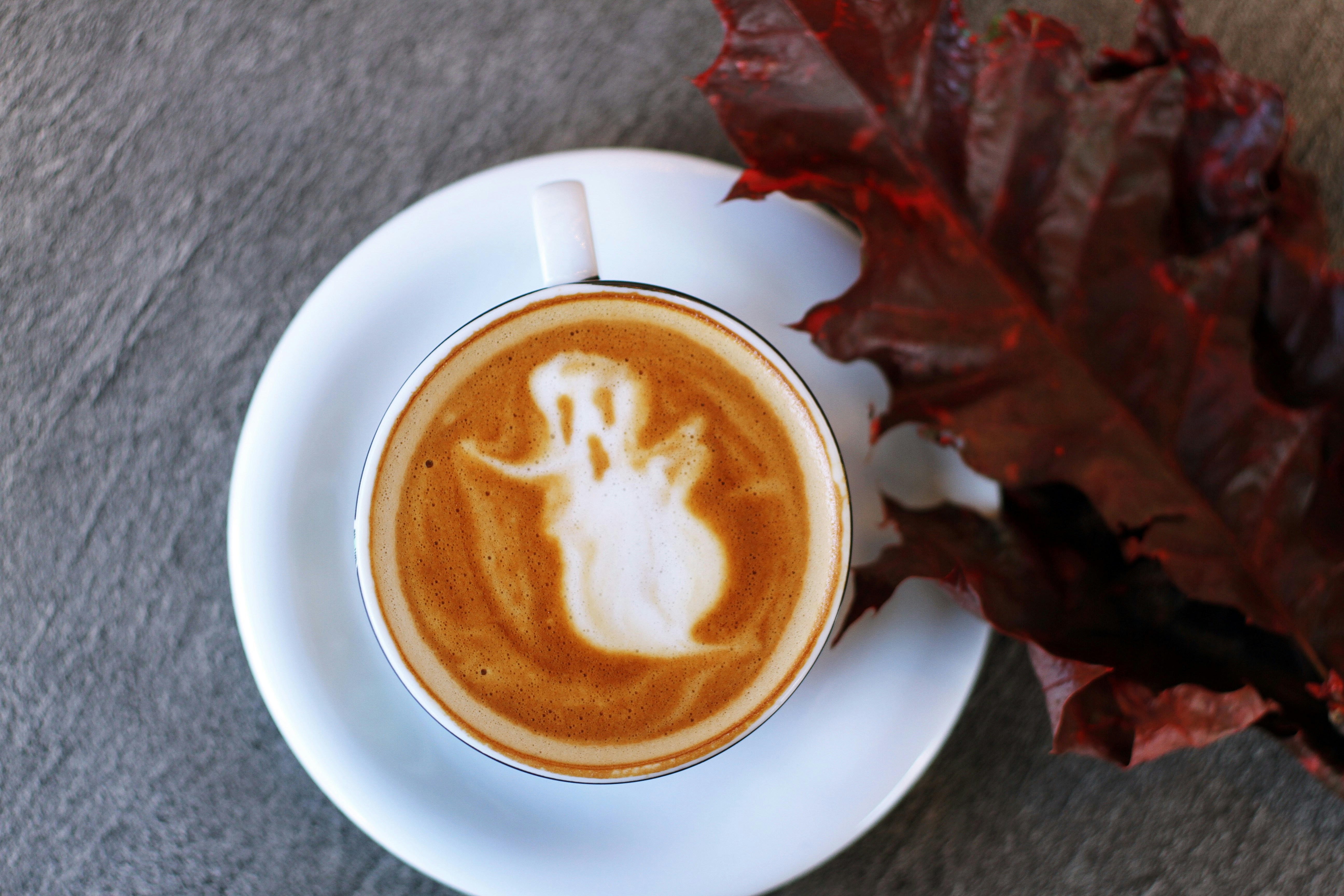Every year, Halloween seems to grow bigger and brighter. Costumes are planned months ahead. Pumpkin patches, haunted trails, trunk-or-treats and festivals fill the family calendar. The build-up is part of the magic: the weeks and days leading up to Halloween feel like one big party full of surprises.
But then … it ends. And for many children (and parents!), what comes next isn’t quiet relief, it’s a kind of emotional crash. Let’s call it the “Halloween Hangover.”
What is the Halloween Hangover?
- That moment when Nov 1 rolls around and the fun is over.
- It might show up as sad, frustrated, restless, or even a little angry feelings from a child who really loved the excitement of the holiday.
- There may be regrets: “I didn’t get to wear my second-choice costume,” or “We should have done that haunted trail.”
- For a child, whose world is so immediate, the fade-out of something big can feel like a real loss.
How the Halloween Hangover impacts regulation (and sugar plays a part)
- Big events like Halloween ramp up excitement, social stimulation, novelty, and movement; all of which engage the nervous system.
- When the event ends, the return to “regular” can feel jarring: less novelty, less adrenaline, more normal routine. That’s a challenge for regulation.
- Then there’s the sugar factor. Sweets and treats are part of Halloween culture. While overly simplistic sugar-myth narratives (e.g., sugar makes kids hyper) are not supported by strong evidence, refined sugar can contribute to swings in energy and mood (for example via rapid carbohydrate intake and subsequent metabolic effects).
- So: after the high of fun + novelty + sugar, there may be a “low” (or at least a shift) in mood, energy, attention—just as the excitement fades.
Tips for parents to ease the transition
- Validate big feels.
Let your child know: “Yep,I know that was a huge deal for you, and it’s okay to feel sad or frustrated now that it’s over.” Avoid dismissing: “It’s just Halloween, get over it.” - Create a visual memory.
Take a photo collage, frame a picture of their favourite moment, or make a scrapbook page of costumes, treats, friends, decorations. This helps anchor the joy in something lasting. - Explain why the fun was extra special.
“One of the reasons Halloween feels so amazing is because it’s different from our regular days. If it were every day, it wouldn’t feel so magical.” Framing helps children accept the transition. - Keep a token of the holiday energy.
Let them keep a small piece of the decoration, costume accessory, or memory display. That helps bridge from the holiday back into routine without an abrupt stop. - Look ahead: plan what’s next.
Encourage your child to pick something upcoming that excites them: another event, a cozy tradition, a family outing. Reinforce that just because one big thing is over, something else is on the horizon. - Support regulation post-event:
- Encourage restful downtime (especially if the child was up later than usual or very overstimulated).
- Help them notice their body: “How are you feeling after all that candy and fun?”
- Offer more predictable structure after the holiday rush to help the nervous system settle.
- Consider a snack or meal rich in protein + fibre when returning to routine—this supports more stable energy and attention.
The Halloween Hangover is real, but it doesn’t have to derail your return to routine. With empathy, planning, and gentle regulation, you can help your child (and your family) ease back into everyday life with more stability; and carry some of the joy forward, rather than leaving it behind.
If you’d like more tips on supporting kids through transitions, regulating big emotions, or setting routines, our team at VOX Mental Health is here for you.







